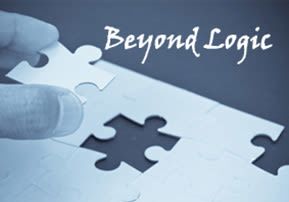
Mishpatim: Beyond Logic
Which seems more logical - not to steal or not to eat a cheeseburger? To avoid damaging someone's property or to avoid wearing shatnez?

Which seems more logical, not to steal or not to eat a cheeseburger? To avoid damaging someone's property or to avoid wearing a garment with a mixture of wool and linen called shatnez? If you think these are trick questions, you're right. The answer to these questions is the foundation of one of our most fundamental beliefs in the Torah.
There are two basic categories of mitzvot (commandments): one called Mishpatim (legal statutes), the other, Chukim (laws without an apparent reason). Included in the first category are all of those mitzvot relating to laws between man and his fellow man. These are the necessary guidelines and prohibitions including murder, theft, etc. In the second category are laws without any apparent reasons. Among these prohibitions are not to cook meat and milk together, not to plow with two animals of different species, plus many more.
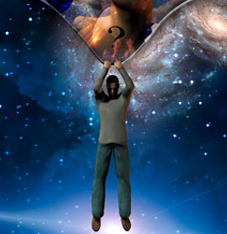 Why do we follow the laws called chukim? The answer is straight forward: the Creator of the universe commanded us at Mt. Sinai when He gave us the Torah. There are deep, mystical reasons for chukim but on a basic level, they defy human logic. Conversely, why do we keep mishpatim? The answer would also seem to be straight forward. If there weren't laws dictating basic rules for society, then humanity couldn't function. But is there more to our understanding of these two categories of mitzvot?
Why do we follow the laws called chukim? The answer is straight forward: the Creator of the universe commanded us at Mt. Sinai when He gave us the Torah. There are deep, mystical reasons for chukim but on a basic level, they defy human logic. Conversely, why do we keep mishpatim? The answer would also seem to be straight forward. If there weren't laws dictating basic rules for society, then humanity couldn't function. But is there more to our understanding of these two categories of mitzvot?
In the past we discussed both the mistake of Adam eating the fruit and the rectification of his sin by Abraham. Let's summarize some of these ideas.
Among the most essential components of this world is free choice. Often, there is a tension between what Hashem told us to do and what we want. Adam was commanded not to eat from the tree and instead of following the Divine will, he chose to follow his own logic and eat from the forbidden fruit. This mistake had devastating effects on all of creation. His punishment of being sent out of the garden symbolized a real and figurative distancing from Hashem. (We've mentioned previously that even today we replay Adam's test by the nature of our choices. Will we follow our will or Hashem's?)
Some two thousand years later Abraham comes onto the scene of world history. In his final and most difficult test, Hashem commanded him to sacrifice his beloved son, Isaac. Abraham also had two options. One, not to sacrifice Isaac, which was logical for a number of very strong reasons or two, to bring his son as an offering to Hashem. By showing his willingness to sacrifice Isaac and listen to Hashem despite reasons to the contrary, he fixed up the mistake made by Adam.
Abraham yearned to be the father of a people that would fear, love, and follow Hashem's command even if they didn't fully understand the reasons behind the Divine plan. In this week's Parsha, when Hashem offered the Torah to the Jewish people, they said the famous formula "Na'ase va'nishma" (we will do and we will hear). That is to say, we will follow the mitzvot implicitly even though we don't understand the rationale behind them. These words opened the Heavenly gates to an eternal connection between us and our Creator. In a certain way, this response is so basic and simple. How and why can we second-guess the ultimate Law Giver? Don't His commands reflect the greatest truth and possible good?
If we're sensitive to their words we'll hear the same response that Abraham chose hundreds of years previously. Both he and his children responded with humility towards Hashem. Both Abraham and his descendants showed their profound desire to follow Hashem's word under all conditions.
Why do we follow the chukim? The answer is because our Loving Father told us that these types of mitzvot are essential for our spiritual development, even if we don't comprehend them. Isn't this exactly the type of mitzvah that makes the most sense as children of our forefathers that stood at Sinai? Ultimately, isn't this the true reason for all mitzvot? Although the formulation may seem odd to our upbringing but isn't the real reason because the Divine Lawgiver said so?
The Talmud tells us that someone who is commanded to do a mitzvah and performs it is greater than someone who is not commanded to perform a mitzvah and performs it. This formula seems difficult to many people. Isn't prayer or giving charity greater when one is not commanded? An answer that I've heard from a few sources is that if I do a mitzvah because He commands me, I'm primarily concerned and focused on the Divine will. However, if I do a mitzvah because I want to do it, so the source and motivation is limited to my finite understanding. The definition of a mitzvah is doing and connecting to the Divine will. Subsequently if I do the act when I am commanded, I'm connecting to a much higher spiritual source.
Why don't we eat cheeseburgers? Because with an infinite love Hashem gave us His Torah and told us what He wants and doesn't want. That's the most sensible reason a Jew could have. Why don't we steal? There we lose some perspective and see ourselves as "equals" with Hashem in agreeing to His wisdom. This approach could take us away from being connected and performing HIs will by making us the arbiters of right and wrong.
We are so fortunate to have the ability to nullify our will before the truth and beauty of Hashem's will, the Torah. The Mishpatim (statutes) of this week's Parsha are another revelation of the Torah of Life which gives us an eternal connection to our Father in Heaven. May we appreciate the gift of all the mitzvots, both mishpatim and chukim and understand that both types are Hashem's gift to the Jewish people to give blessing in this world and the next.





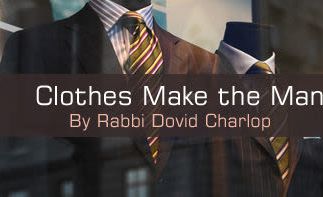
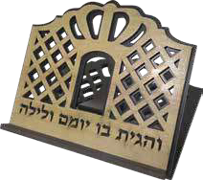

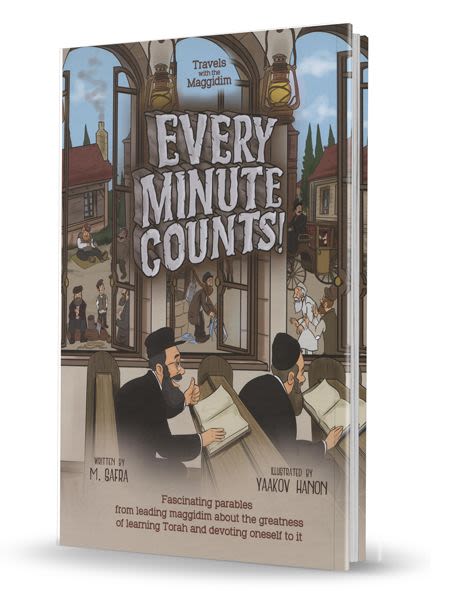


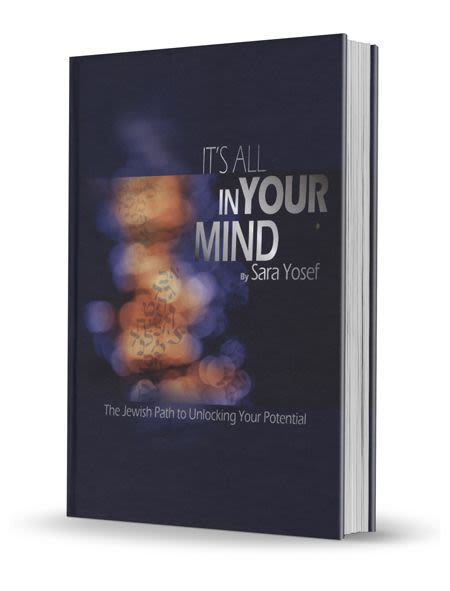
Tell us what you think!
Thank you for your comment!
It will be published after approval by the Editor.